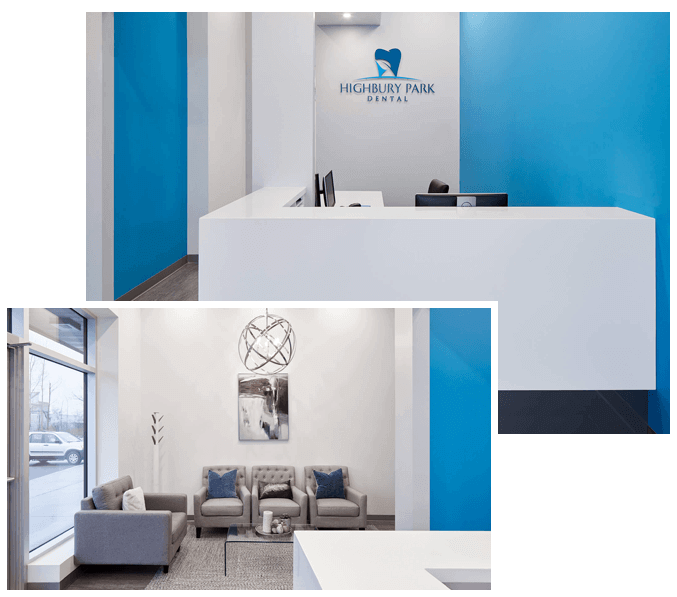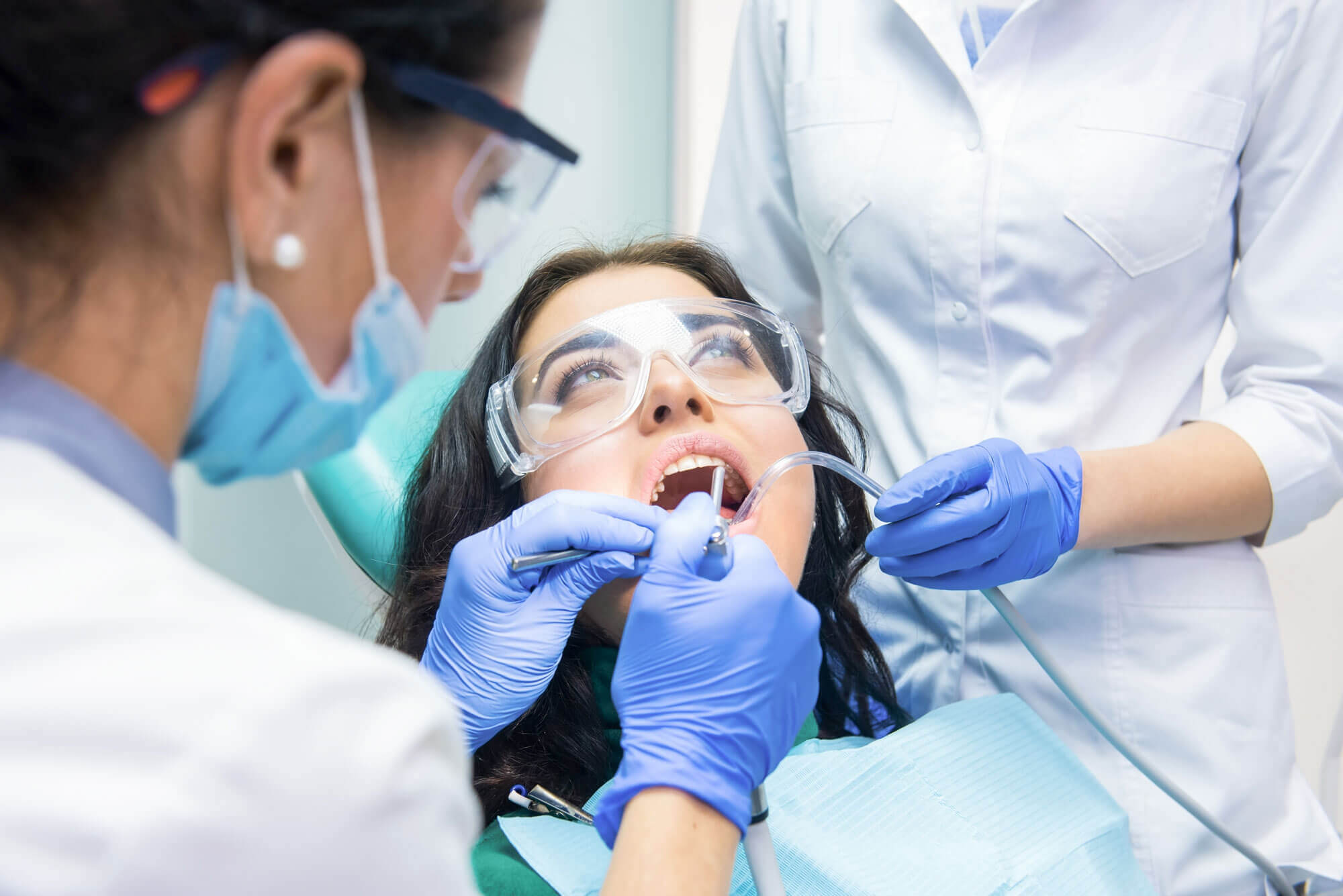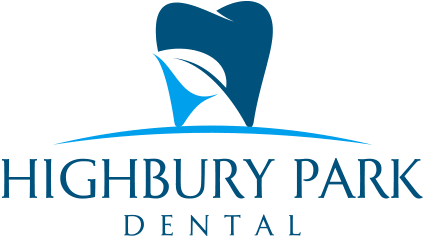
Treat your smile at barrhaven's community dental clinic
- Convenient hours
- Free consultations for major treatments
- Stay comfortable with wifi & netflix



Highbury Park Dental Welcomes You
Welcome to Highbury Park Dental, Barrhaven’s community dental clinic welcoming all patients. No matter your dental needs, we’re ready to help you maintain your beautiful smile for years to come.
Dr. Nabil Achache and his team are dedicated to providing dental services and comfort without any additional premiums. Learn more about our services and book an appointment today.
Dental Implants
Secure dentures and restore smiles
Sedation Dentistry
Get treatments without added anxiety
Wisdom Teeth
In-house removal of impacted teeth
General Dentistry
Helping you maintain a beautiful smile

Welcome New Patients
Find the services you need and book an appointment today!
Free Consultations
We offer free consultations on major treatments and free exams for children under three.
Your Comfort
From a relaxing patient lounge to free parking, Wi-Fi, and Netflix, your comfort is our priority.
Free Consultations
We offer free consultations on major treatments and free exams for children under three.
Your Comfort
From a relaxing patient lounge to free parking, Wi-Fi, and Netflix, your comfort is our priority.

We Can’t Wait to Meet You!
At Highbury Park Dental, we’re dedicated to providing an experience for our patients while they get the treatments they need at a price that’s fair. No matter who you are, where you’re from, or what state your teeth are in, our friendly Barrhaven clinic is ready and waiting to help you. We believe in dental care that addresses your needs in a welcoming, comfortable environment without any markup.
Simply put, we can’t wait to meet you!
Don’t wait!
Book online now
or get in touch by

Phone: (613) 440-7040

Email: info@highburyparkdental.ca



